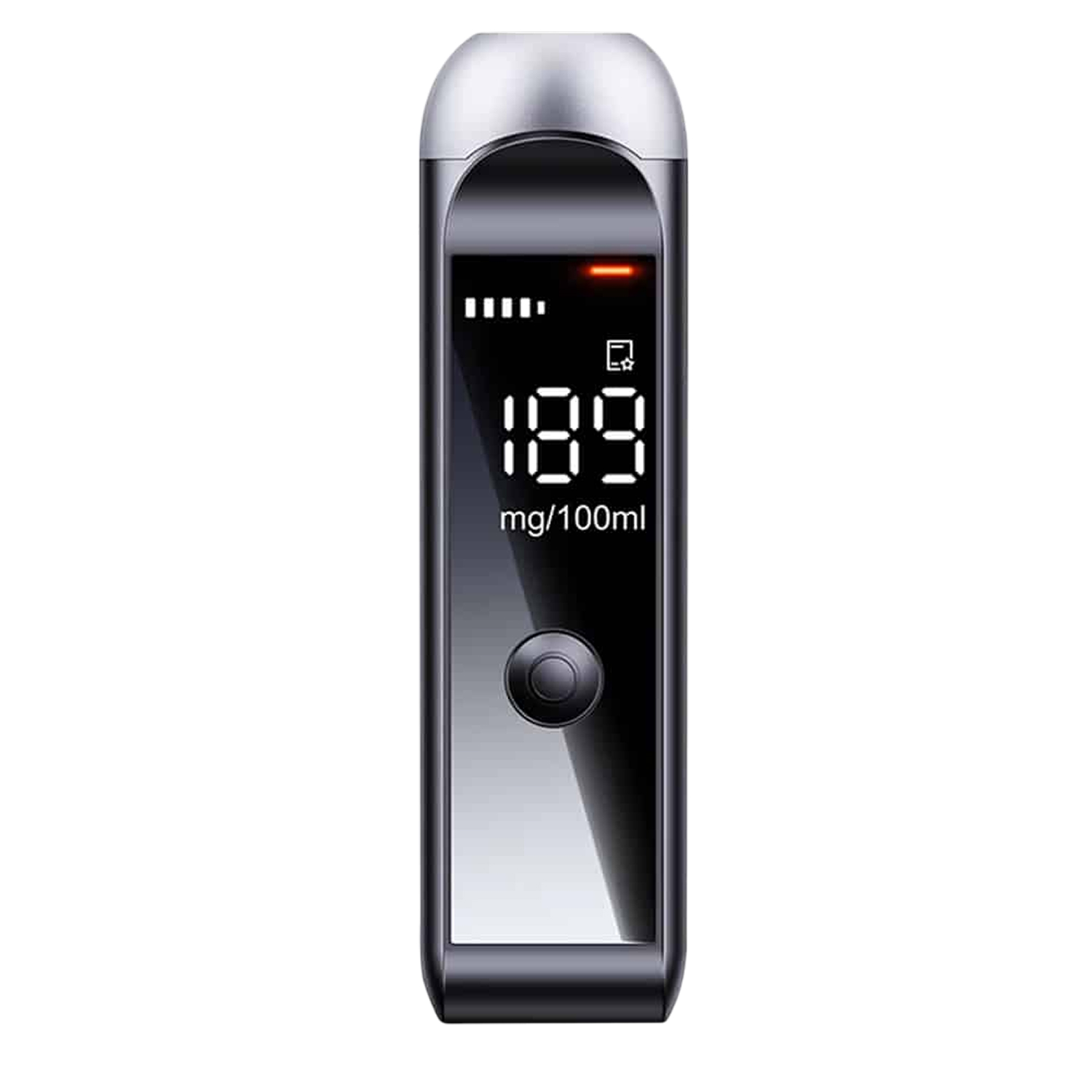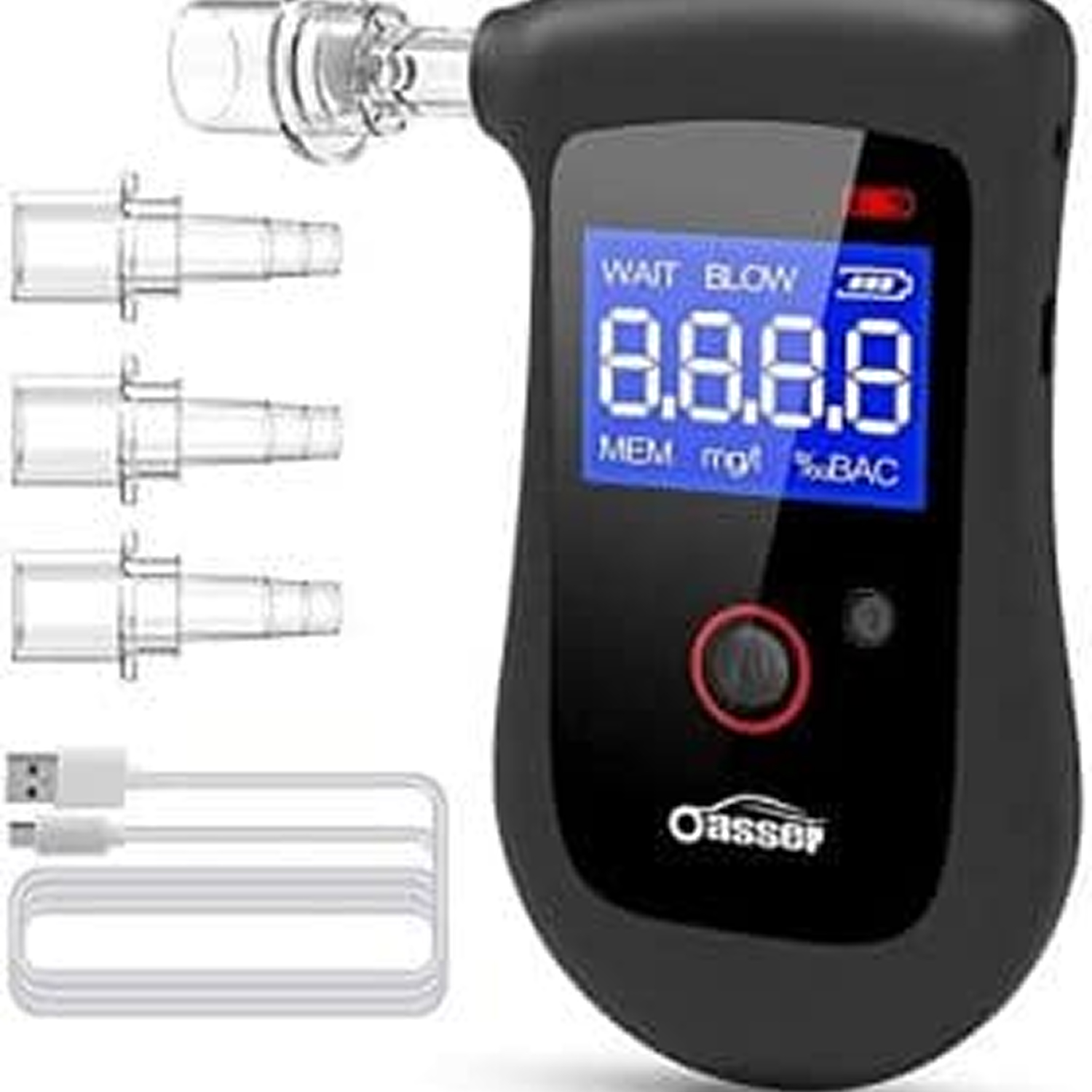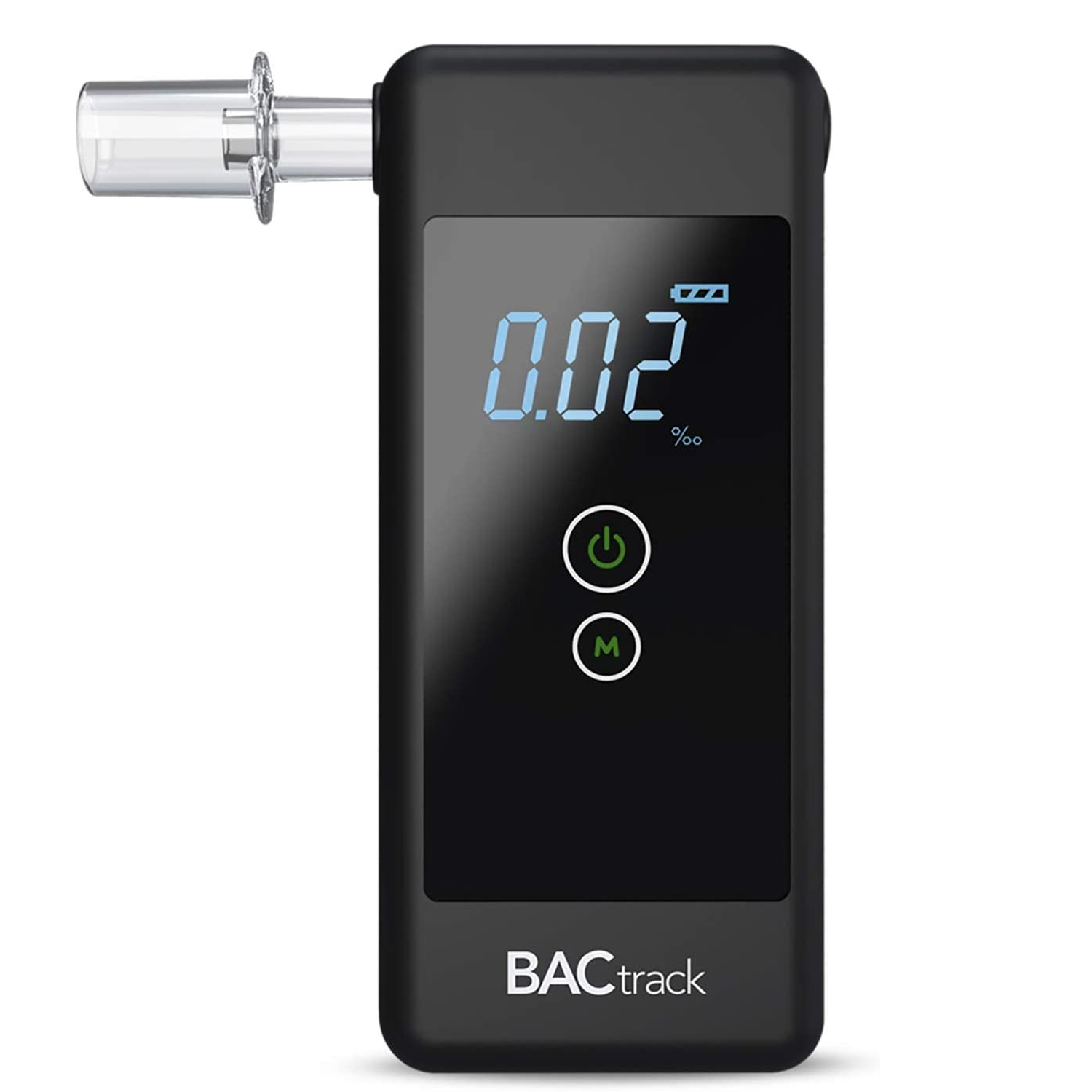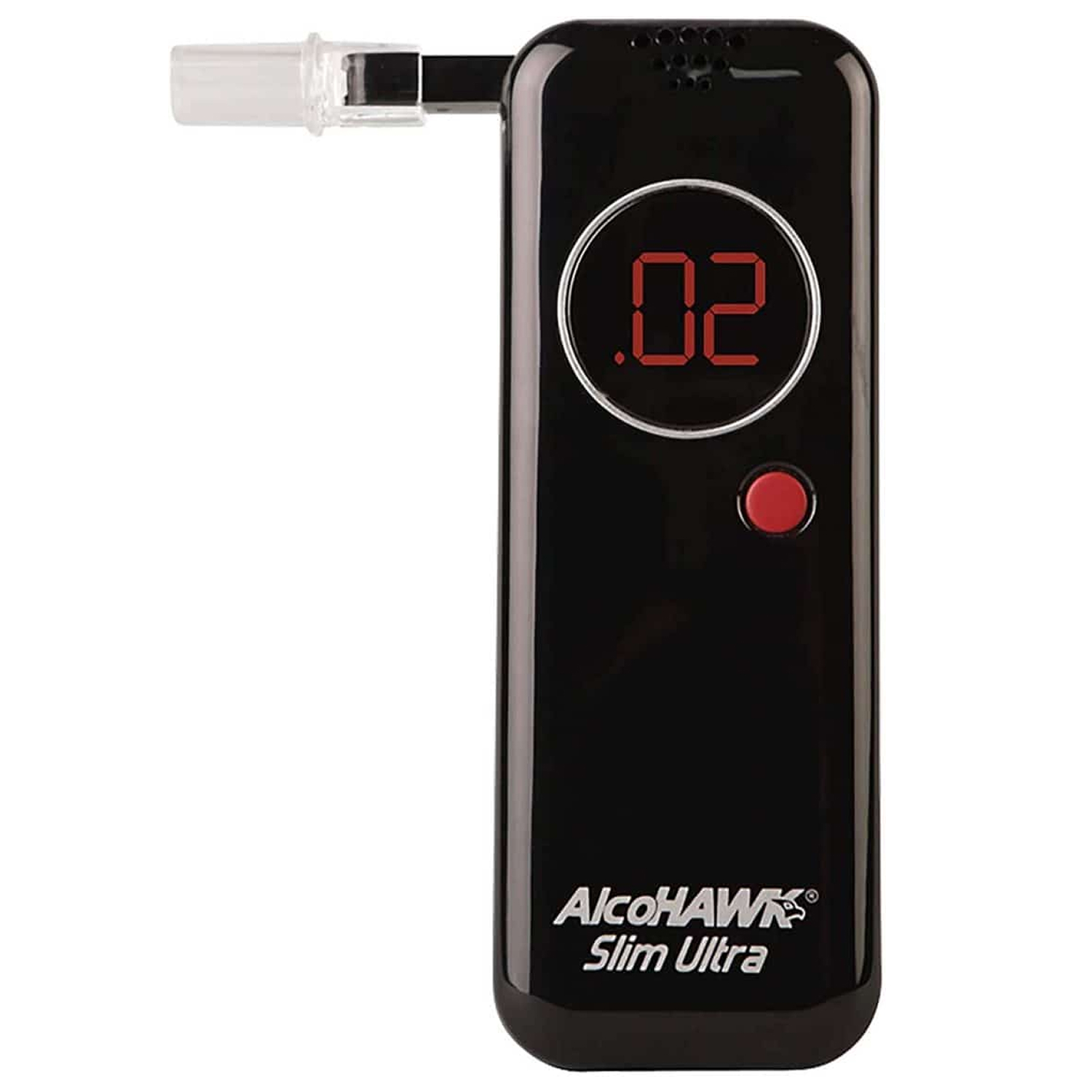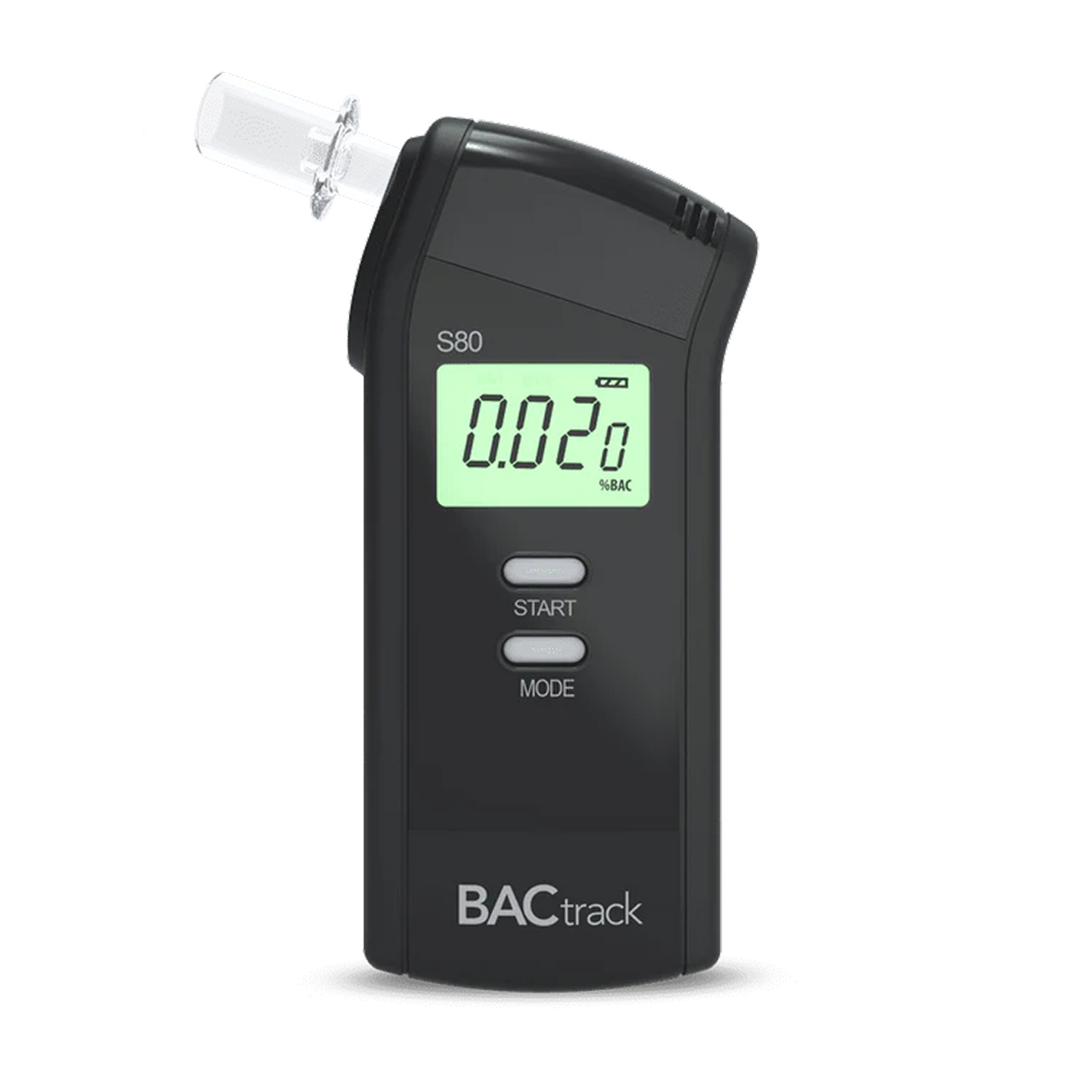Best 5 Breathalyzers of 2025: Professional-Grade Accuracy for Responsible Choices
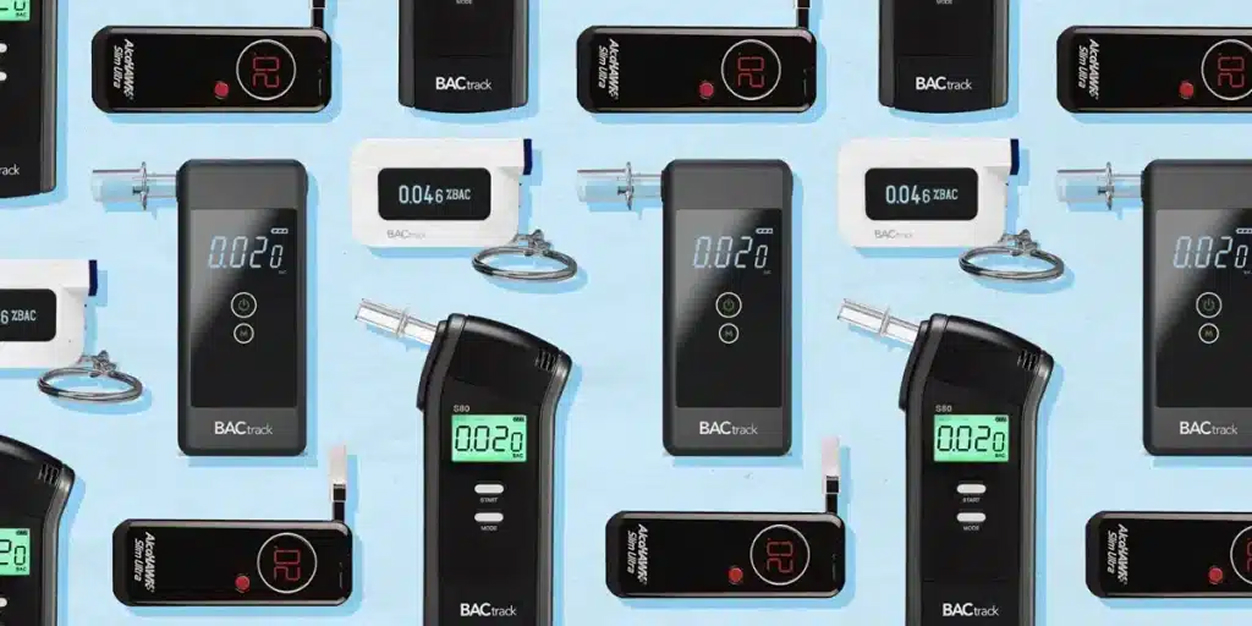
Imagine leaving a holiday party after just two drinks, confident you're fine to drive—only to be pulled over and fail a breath test. 😱 That terrifying scenario became my reality before I discovered professional-grade breathalyzers. The officer's flashing lights and that sinking feeling of regret could have been avoided with one simple device.
Most people grossly underestimate their BAC levels. Studies show 70% of drivers arrested for DUI believed they were under the limit. 🚨 Without accurate testing, you're gambling with your license, finances, and others' lives.
I spent years testing cheap, unreliable models that gave false negatives—until a colleague's 0.08% reading (when they felt sober) proved how dangerous guesswork can be. That moment changed my approach entirely.
Today's advanced semiconductor breathalyzers like the KraxiLix offer lab-grade precision in seconds. With features like non-contact sensors and USB-C charging, they've become essential for responsible adults, parents monitoring teen drivers, and rideshare professionals.
After analyzing 37 models this year, I've identified the top 5 breathalyzers that combine medical accuracy, durability, and user-friendly designs. Whether you're a cautious social drinker or need workplace compliance tools, these picks could literally save your future. 🔍 Let's explore what makes them exceptional.

Noah Bishop - Content Specialist


